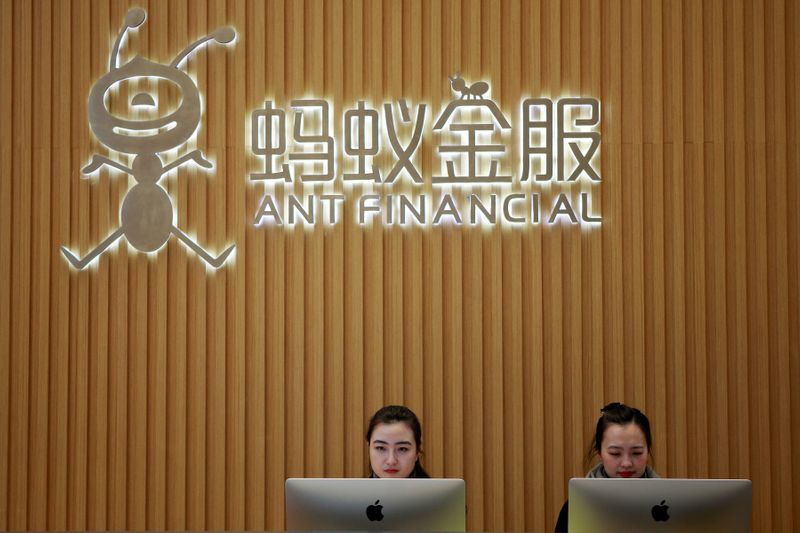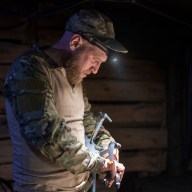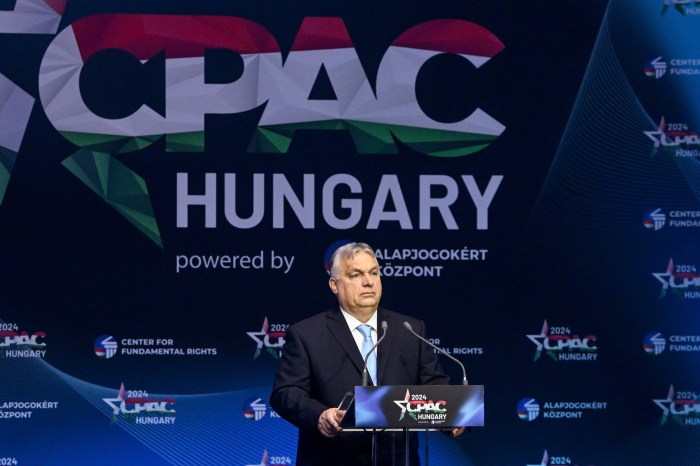HONG KONG (Reuters) – Ahead of what’s likely to be the world’s largest initial public offering, China’s Ant Group Co Ltd is asking lead bankers to personally sign confidentiality pacts and pressing some investors to explain why they should be allowed to attend marketing meetings, sources familiar with the matter said.
In doing so, Ant is following a highly unusual process that draws on some of the tactics its former parent and affiliate Alibaba Group Holding Ltd <BABA.N> previously used.
Other unique measures taken by Ant include dividing up the underwriting work for what could be a $35 billion offering among several banks such that no one firm has the full picture of the process, four sources with direct knowledge of the matter said.
Three of the sources said the main underwriters are also discouraged from working on assignments for competitors.
While banks typically sign non-disclosure agreements when taking on underwriting assignments, companies rarely ask bankers to personally do so as well. The lead banks usually also run the entire process and competitive concerns are handled through Chinese walls that separate teams working on different deals.
Ant’s <IPO-ANTG.SS> measures, which have not been previously reported, are frustrating some bankers and investors, and sometimes sowing confusion in the market, three of the sources said.
Taken together with what has been a fast pace of regulatory approvals for the IPO, they pose the risk that the offering will not get sufficient scrutiny, some lawyers and banking experts said.
Ant and Alibaba declined to comment.
Philippe Espinasse, an Asian capital markets consultant and former banker, said there is merit in tightly controlling the process for such a large transaction.
“This is not only to ensure that the banks focus on getting the deal done, and getting it done well, but also to create a sense of competition both among the underwriters and investors,” Espinasse said.
A person close to Ant, whose status as the world’s biggest unicorn and China’s top fintech group has resulted in a rapid rise in valuation, said all the banks had the same information and access to data about the company.
FRAGMENTED PROCESS
In its $25 billion IPO in 2014, Alibaba divided up the work so that no single external adviser had the complete picture of its offering, Reuters reported at the time. https://www.reuters.com/article/us-alibaba-ipo-banks/with-no-bank-in-charge-alibabas-bankers-learn-to-work-together-idUKKBN0H424K20140909 Then, during its secondary listing in Hong Kong last year, it also made advisers personally sign confidentiality agreements.
Ant is planning a dual-listing in Shanghai and Hong Kong. Three of the sources said bankers at firms with the lead underwriting roles had been asked to sign confidentiality pacts.
The Hong Kong leg of the IPO is being sponsored by China International Capital Corp (CICC) <3908.HK>, Citigroup Inc <C.N>, JPMorgan Chase & Co <JPM.N> and Morgan Stanley <MS.N>. Ant’s listing on Shanghai’s Nasdaq-style STAR Market is being led by CICC and China Securities Co (CSC) <6066.HK>. CICC, Citigroup, JPMorgan and Morgan Stanley declined to comment. CSC did not respond to a request for comment.
The fragmentation of the process has sometimes caused difficulties.
Some banks on the deal, for example, did not know that the IPO’s Hong Kong leg would not have any cornerstone investors that usually commit to buying large stakes and hold shares for some time, said four sources with direct knowledge of the matter.
Some of these banks were preparing to market orders for their clients and had to switch them to a different kind of allocation instead, two of the sources said.
The banks have also had to sometimes choose between Ant and deals for the fintech giant’s competitors.
CITIC Securities <600030.SS> dropped out of an IPO of rival JD Digits, an affiliate e-commerce company JD.com <9618.HK>, before it was granted a role in Ant’s listing, three sources familiar with the matter said.
CITIC did not respond to Reuters request for comment.
In another case, food delivery giant Meituan Dianping <3690.HK> believed JPMorgan could not carry on the work of its credit rating ahead of a potential bond issuance as it primarily competes with a business controlled by Ant and Alibaba, two sources with knowledge of the matter said.
JPM and Meituan declined to comment.
Investors’ participation in the marketing roadshows for the IPO is also being tightly managed. A Hong Kong-based fund manager said he was told by one of Ant’s banks that he had to complete a one-page document outlining his interest in the company before he was allowed to attend.
The fund manager, who is an existing Alibaba shareholder, said that he had not come across that condition in any other IPOs in this region.
Reuters could not determine whether Ant was asking all potential investors to do the same.
QUICK REVIEW
Ant’s control over information comes as the regulatory process around the listing has moved quickly. The company, which filed its preliminary prospectus in late August, is expected to be listed in October.
Exchanges and regulators scrutinise the IPO prospectus and question the company about key issues including its financials, corporate governance, shareholders and risk factors as part of the review.
The Shanghai Stock Exchange cleared the listing in 24 days, compared with roughly four months for most IPO candidates that obtained approval in September, according to public disclosures from the exchange.
The Hong Kong exchange is about a month into its review. Public disclosures from the bourse for other listings that obtained approval in September show it took about four months, on average. Ant expects to go public by the end of October, sources have said.
The person close to Ant said it had been responding to the Hong Kong exchange’s queries and had no control over the pace of the process.
Fraser Howie, an independent commentator and author of several books about China’s financial system, said the speed of approvals reflects the importance of the deal for China and Hong Kong. But it could be problematic for investors.
“It’s what everyone wants, so we’ll rush it through,” Howie said. “It bodes badly for those who care about maintaining standards. It sends a bad signal.” Shanghai stock exchange and China Securities Regulatory Commission did not respond to requests for comment.
The Hong Kong exchange said it has robust and well-established rules and processes for listings.
“In evaluating applications, the Exchange seeks to ensure strong investor protection and maintain market quality,” it said in a statement.
(Reporting by Kane Wu, Julie Zhu and Scott Murdoch; Additional reporting by Samuel Shen and Josh Horwitz; Editing by Sumeet Chatterjee, Paritosh Bansal and Edward Tobin)




















